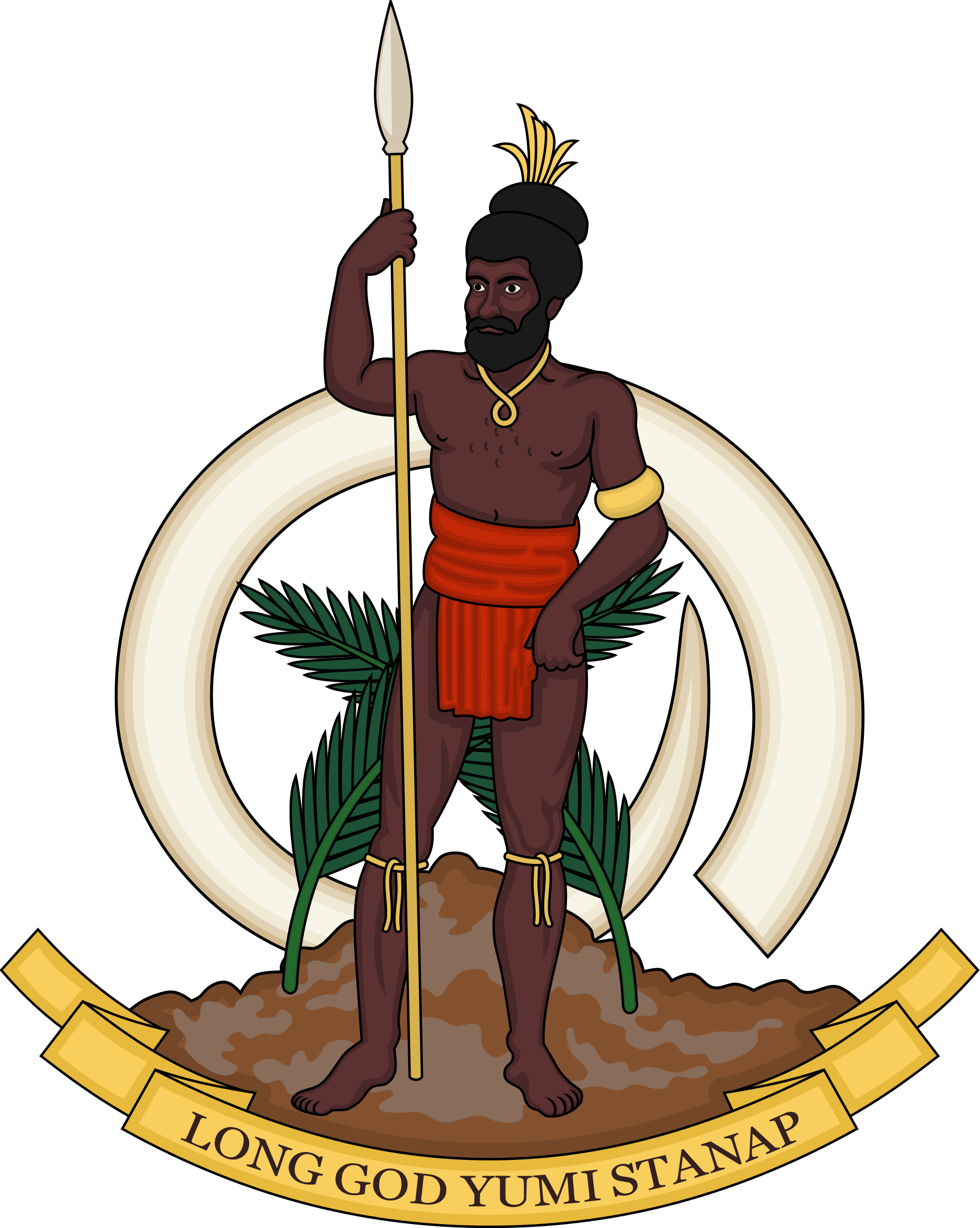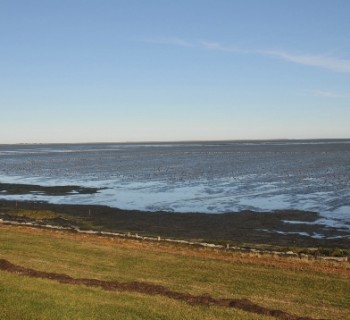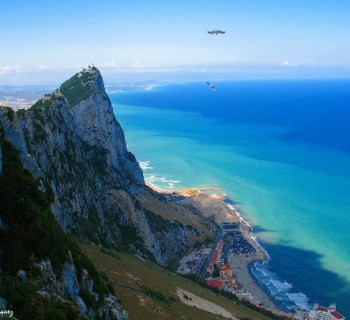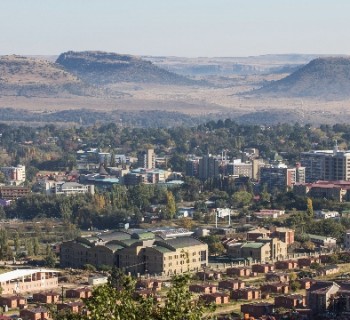Coat of arms of Vanuatu

The Republic of Vanuatu is a modern Pacific state that is part of Melanesia. Unlike many other countries in this region, the islands of Vanuatu were inhabited for a long time (about 2 thousand years BC), and therefore, by the time the Europeans discovered it, a fairly developed society with a complex social structure already existed here. However, its final transformation into one monolithic people according to a scenario quite usual for these places took place only after the vigorous activity of the colonialists. Well, the state took its current form only in 1980, when the republic finally completely got rid of the claims of Britain and France and established its own statehood, confirmed by such symbols as the flag and coat of arms of Vanuatu.
Formation of the state
Among the Pacific states, there were often those that gained freedom relatively easily. They happily accepted the protectorate of one side or another, receiving in return almost complete independence and the opportunity to develop in accordance with their national identity. However, in the case of Vanuatu, things were a little more complicated. The presence of a large number of poorly educated and very cheap labor and dependence on the supply of manufactured goods made this region ideal for subsistence agriculture, which is why France and Britain fought for it for a long time. For this reason, the status of the archipelago remained uncertain for a very long time..
In the end, both sides, tired of the fruitless attempts to crush the New Hebrides (and this is the name of the archipelago at that time), the governments of Britain and France took joint ownership, creating an Anglo-French condominium, which would later become the basis of the Republic of Vanuatu.
Emblem of the coat of arms of Vanuatu
After the proclamation of independence, an active political restructuring began in Vanuatu, which first of all resulted in a change in state ideology and symbols. The main stake was made on the restoration of national identity, which was reflected in the coat of arms of this country..
The main symbols of the coat of arms:
- Melanesian warrior;
- volcano;
- cycad leaves;
- boar's tusk:
- national motto («We stand behind God» in English.).
An armed warrior against the background of a volcano is a reference to the ancestors who colonized these islands in the prehistoric period. Cycad leaves are a symbol of peace, traditional for Melanesia, and boar's tusk is a symbol of satiety, prosperity and well-being. The coat of arms itself was designed by the artists of Vanuatu, and the expression of the first prime minister of the independent republic, Anglican priest Walter Liny, was taken as the motto..


